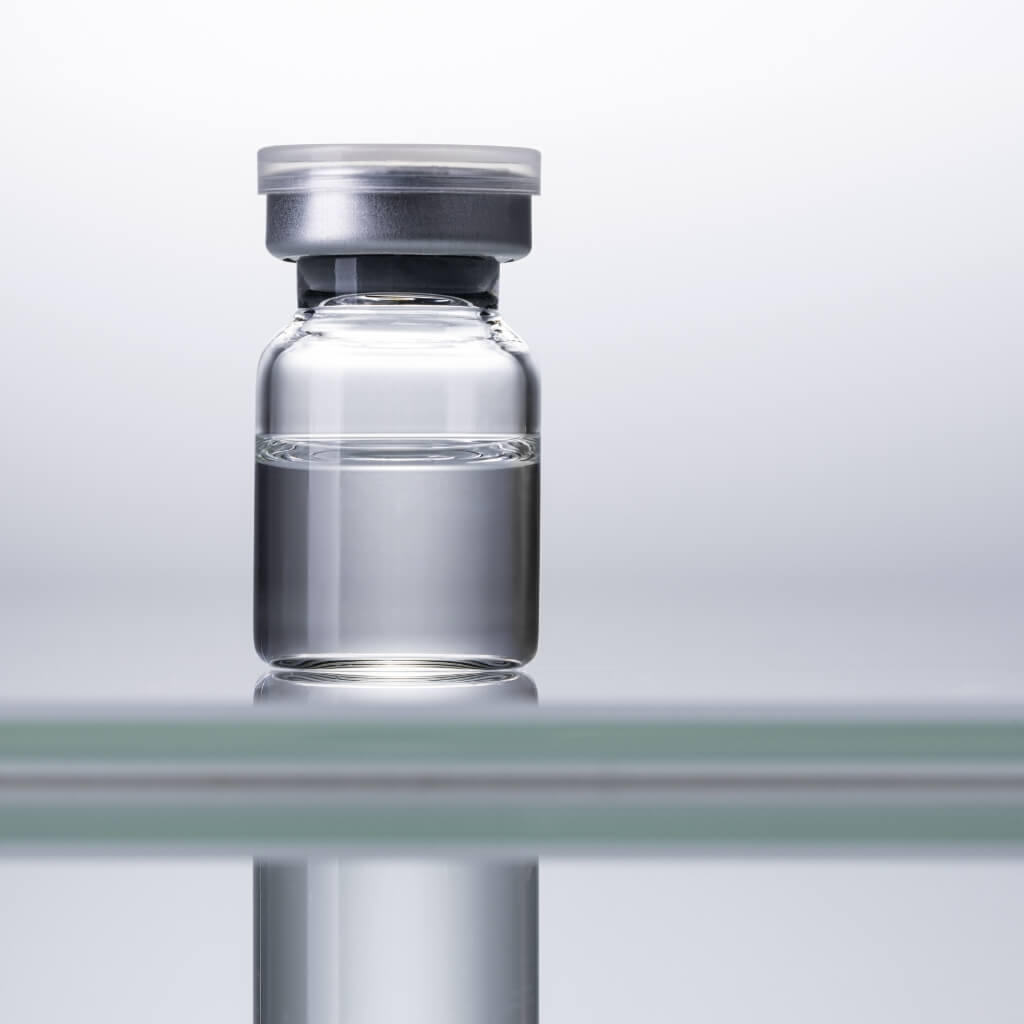Chimeric Antigen Receptor T Cell Therapy (CAR-T): Genetically programmed immune cell binds to and destroys cancer cell / Therapy is now available for the majority of indications
20. April 2022 • Robotics
20. April 2022 • Robotics
At Leipzig University Hospital (UKL), the Avatera surgical robot system has been used clinically for the first time in routine care in urology. The new system is a German in-house development and is intended to complement the existing range of surgical robot systems. During the deployment, which will last several weeks, the team at the Department of Urology, which is experienced in robot-assisted surgery, will initially perform 25 procedures.
Minimally invasive surgery offers many advantages: The incisions required are very small, and surrounding tissue and structures, such as nerves and vessels, can be better protected. Less pain and movement restrictions follow, and there is less risk of infection. Recovery and healing times are shorter, and patients operated on in this way get back on their feet more quickly.
Suppose a surgical robot system is also used for such an operation. In that case, the surgeon sits at a console and controls three very small instruments with the robotic arms and a camera that shows the inside of the patient with a magnification of up to 10 times. This makes surgery even more precise, more targeted, and safer because the surgeon can see the area to be operated on with millimeter precision and use the instruments to make the smallest movements without any restrictions – better than would be possible by hand alone.
The da Vinci surgical telemanipulator is the only surgical robot of this kind in use worldwide to date. Due to its many advantages, urologists at the UKL have been operating with the help of the da Vinci since 2011. Since 2017, other departments such as gynecology, visceral and thoracic surgery, and pediatric surgery have also been using the device to perform complicated procedures safely and gently for patients.
In the meantime, two “da Vinci” surgical robots are in use at the UKL for complex surgical interventions, and since 2019 also a device of the latest generation of the “Xi” series.
Over 500 operations a year are performed with the da Vinci, making the Leipzig urologists among the most experienced robotic surgeons in Europe. Based on this expertise, the Center for Robot-Assisted and Navigated Surgery was established here in 2021. Its task is to accompany the development in this field in an interdisciplinary way and to support innovations.
The experience with the use of surgical robots is now being supplemented by another: the Avatera surgical robot system developed in Central Germany is currently in its first clinical use at the UKL. It is being used in urology. The new device has already been used ten times, both for kidney tumors and prostate cancer operations; there have been no complications so far, and all operations have been completed successfully.
In the opinion of the UKL board, the future belongs to surgical robot systems: More and more specialties are now using them, and the number of patients for whom such an operation is suitable is steadily increasing. However, the purchase and operation of a surgical robot, such as the da Vinci, is very cost-intensive, which currently limits the hospitals. The Avatera system developed in Jena, Thuringia, is intended to provide an alternative. The system takes proven solutions and develops them further. Unlike previous devices, this includes the use of disposable instruments. This is intended to increase safety and save clinics costly sterilization solutions.
“For the future, we need a lot more robot-assisted surgery in many specialties, systems that can be used worldwide and not just in the highly developed industrialized countries, in order to continue to improve the treatment of patients,” says Prof. Christoph Josten, Medical Director of Leipzig University Hospital.

cell-immune-gene-therapies
Small glas bottle which is normally used to store vaccine
Chimeric Antigen Receptor T Cell Therapy (CAR-T): Genetically programmed immune cell binds to and destroys cancer cell / Therapy is now available for the majority of indications

digital-health
Human who looks onto a recording of brainwaves on his tablet computer and moves the model with his fingers
The Smart Infrastructure Hub Leipzig will receive a further 1,9 million euros from the cluster funding of the Saxon Ministry of Economic Affairs.

cell-immune-gene-therapies
Small glas bottle which is normally used to store vaccine
A relatively small metropolis in Germany’s Free State of Saxony – a dynamic hub for the life science industry? What was just a vision 20 years ago has become a reality for the city of Leipzig, which from October 24-26 co-hosted BIO-Europe, Europe’s largest annual biotech partnering event.

services
Woman who looks at something through a microscope while another woman ist watching her
The European Commission has approved the Saxon ERDF/JTF program for the funding period 2021 to 2027.